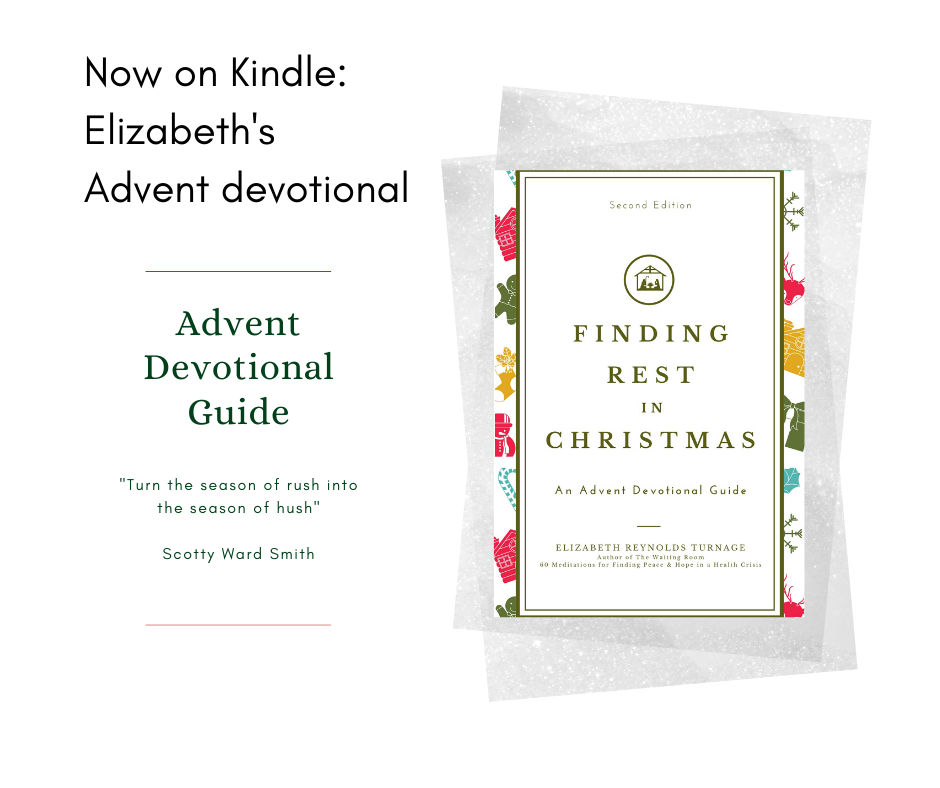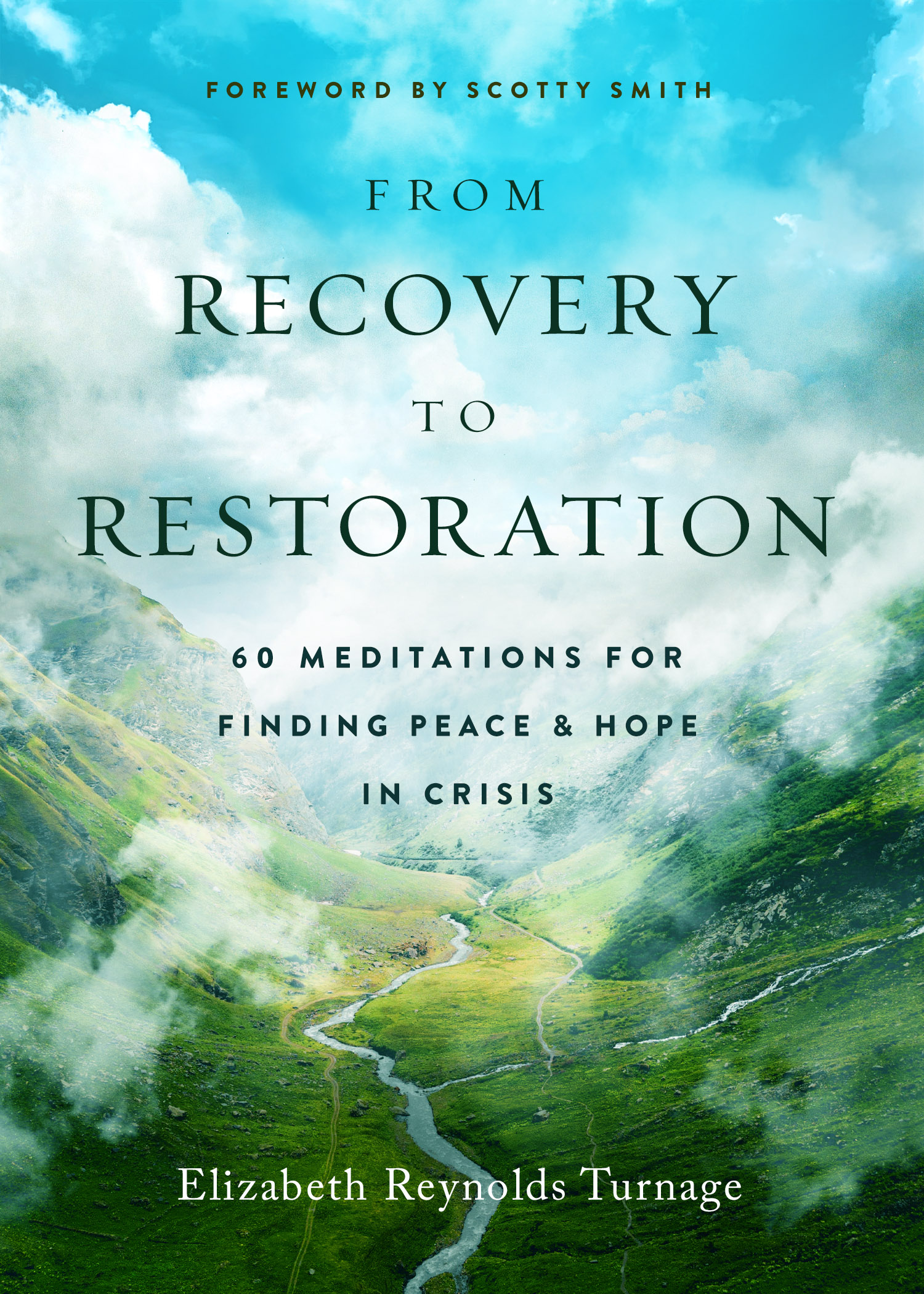How Long? When to Expect the Long-Expected Jesus
How Long? When to Expect the Long-Expected Jesus
When Can We Expect the Long-Expected Jesus?
The last few days, a lyric sticks in my head…a long-ago line from a John Denver and the Muppet’s Christmas cassette tape I used to pop in on my way home from the Young Life Christmas tree lot:
Christmas is coming, the goose is getting fat…
(that’s from the days when they fattened a goose to kill for Christmas dinner, children)…
Christmas is coming, but what about Christ?
Yes, we can feel it, Christmas is bearing down on us….But do you ever, as I do, stop and ask, “But what about Christ?” “I know Christmas is coming, but when is Christ coming?”
Do you ever get weary of waiting, short on patience for peace on earth to be a forever thing? Do you ever feel faint of the fall, heavy of heart over hard stories at Christmas-time? If so, then I invite you to join me in singing the old hymn of expectation, “Come thou long-expected Jesus”:
Consider this stanza and how it addresses our hopes, fears, needs and longings in these sometimes-dazed days the week before Christmas:
Come, Thou long expected Jesus
Born to set Thy people free;
From our fears and sins release us,
Let us find our rest in Thee.
Charles Wesley
Why not call the long-expected Jesus into the hard parts of your Christmas?
- Christmas details causing chaos? Come, thou long-expected Jesus.
- Family togetherness raising tension? Come, thou long-expected Jesus.
- Economic forecast raining on your planned parade? Come, thou long-expected Jesus.
- Stay-at-home orders ruining your Christmas gathering plans and raising your anxiety level? From our fears and sins release us.
- Pre-Christmas preparations exposing your sin nature? From our fears and sins release us.
- Attempts to make everyone happy stealing your joy? Let us find our rest in thee.
Without Christ, the Christmas season threatens to draw out the worst of our fears, sins and restlessness. Call to him, for the merry message of Christmas is that he comes to you. Christ the King stands ready to release us from our sins and fears; he invites us to rest in the hope and joy of the manger-child.
A Prayer about the Coming of Our Long-Expected Jesus
Come, we pray, Lord Jesus, come. Make our hearts ready to be your home. You alone are our dearest desire, our sweetest joy, our every expectation. In your very-near name we pray, Amen.
Photo by frank mckenna on Unsplash
Do you need help finding rest in Christmas?
Four-part devotional series designed to help you…Slow down. Let go…of the frenzy, worry, rush…
Hear the story of the wonders God has done—in the lives of people who also struggle with fear, anxiety and loss of hope.
FOUR WEEKLY GUIDES|FIVE DAILY ACTIVITIES
Day 1: Devotional
Day 2: Reflection Questions
Day 3: Story Starters
Day 4: Prayer
Day 5: Music







